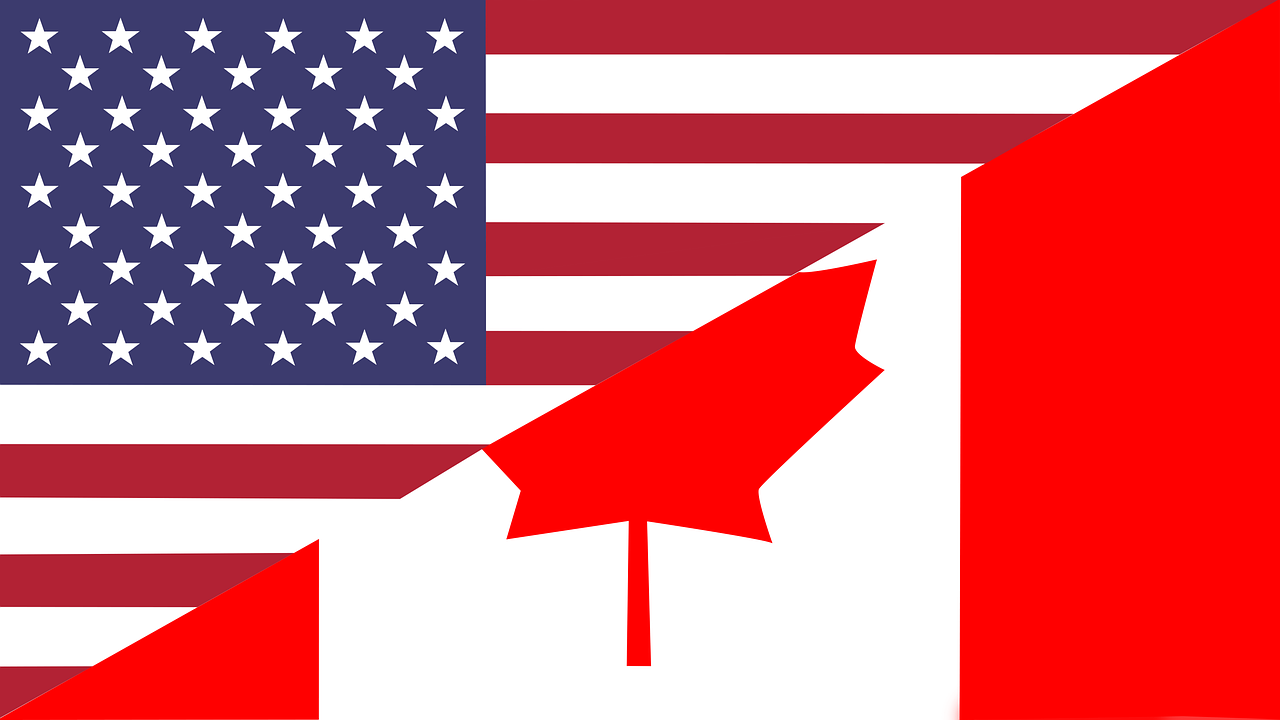
Trump and Trudeau 2.0: A Rocky Start to a Renewed Relationship
With Donald J. Trump set to return to the White House in January 2025 as the 47th President of the United States, his relationship with Canadian Prime Minister Justin Trudeau is already off to a tense start. A recent alleged insult from Trump, suggesting that Canada should become the 51st state, has reignited tensions and cast a shadow over the impending four years of diplomatic interactions. This remark, reportedly made during a private fundraiser and later leaked to the press, was accompanied by sharp criticisms of Trudeau’s leadership, sparking outrage among Canadians and prompting Trudeau to publicly respond.
The incident underscores the challenges both leaders face in navigating their working relationship, which was already fraught during Trump’s first term in office. As the two prepare to collaborate on critical issues such as trade, climate, and border security, the episode serves as an early test of their ability to rise above personal and ideological differences.
A Familiar but Fraught Dynamic
During Trump’s first presidency, his relationship with Trudeau was a mix of strained diplomacy and reluctant cooperation. The two leaders clashed on key issues like trade and tariffs, with Trump once calling Trudeau “very dishonest and weak” following the 2018 G7 Summit. Despite these tensions, both sides managed to renegotiate the North American Free Trade Agreement (NAFTA), leading to the United States-Mexico-Canada Agreement (USMCA).
Now, as Trump returns to power, Trudeau must again navigate the challenges of managing a neighbor whose political philosophy and leadership style starkly contrast his own. Trump’s alleged 51st state comment, dismissed by some as offhanded bravado but taken seriously by others, highlights the sensitivity of U.S.-Canada relations, where perceptions of sovereignty and respect are paramount.
Trade and Economic Cooperation
Economic ties between the United States and Canada remain a cornerstone of their relationship. Bilateral trade exceeds $600 billion annually, and the successful implementation of the USMCA remains a critical priority for both nations. However, Trump’s return raises questions about whether new trade disputes could emerge.
Trudeau has emphasized Canada’s focus on diversifying trade relationships and protecting its industries, particularly in areas like agriculture and manufacturing. Trump’s “America First” rhetoric, which fueled protectionist policies in his first term, suggests potential friction in areas such as cross-border energy projects and digital trade regulations.
The recent controversy surrounding Trump’s alleged comment adds an emotional layer to these discussions, as Trudeau’s government faces domestic pressure to stand firm against perceived American overreach.
Climate Policy: An Inevitable Battleground
Climate change is likely to be a flashpoint in the Trump-Trudeau dynamic. Trudeau’s government has championed aggressive climate initiatives, including investments in renewable energy and a national carbon pricing system. Trump, in contrast, has historically dismissed climate change as a priority, rolling back environmental regulations during his first term.
The divergence in climate policies could strain discussions on cross-border energy infrastructure, particularly pipelines, where environmental and economic considerations often collide. However, both leaders have an opportunity to find common ground in promoting clean technology innovation, a sector where collaboration could benefit both economies.
Personal Dynamics and Public Perception
The personal dynamic between Trump and Trudeau has always been a focal point of their relationship. Trudeau’s approach to Trump in the past was measured and diplomatic, often refraining from responding directly to Trump’s criticisms. However, the latest insult has pushed Trudeau to take a firmer stance.
During a recent press conference, Trudeau responded to Trump’s alleged remark, stating, “Canada is a proud, sovereign nation. Our history, values, and commitment to independence are not up for debate.” His comment resonated with Canadians, many of whom view Trump’s statement as dismissive of their country’s autonomy.
For Trump, such remarks may play well with his base, which often appreciates his unfiltered rhetoric. However, they risk alienating an ally whose cooperation is essential on issues ranging from border security to global trade.
Shared Challenges and the Path Forward
Despite the current friction, there are areas where Trump and Trudeau could find common ground. Both countries face challenges related to economic recovery, supply chain security, and the opioid crisis, issues that transcend political ideologies. Collaborative solutions in these areas could serve as a foundation for rebuilding trust.
Border security, particularly in the context of migration and trade logistics, will remain a pressing issue. While Trump may focus on tightening controls, Trudeau is likely to advocate for maintaining the ease of movement that has long characterized the U.S.-Canada border. Finding a balanced approach will be critical to avoiding further strain.
Conclusion: A Complex Future
The Trump-Trudeau relationship is off to a rocky restart, with the recent 51st state comment setting a contentious tone for the years ahead. However, the resilience of U.S.-Canada ties, rooted in shared economic and security interests, offers hope for pragmatic cooperation.
As Trump assumes office in January 2025, both leaders must prioritize the bigger picture, focusing on areas where collaboration can yield tangible benefits for their citizens. For Trudeau, this means standing firm on Canada’s values while engaging diplomatically with an unpredictable partner. For Trump, it means recognizing that Canada’s sovereignty and partnership are assets, not obstacles, to achieving mutual goals.
The next four years will undoubtedly test the strength of this unique bilateral relationship, but with effort and pragmatism, Trump and Trudeau may yet find a way to navigate their differences and serve their nations’ shared interests.
